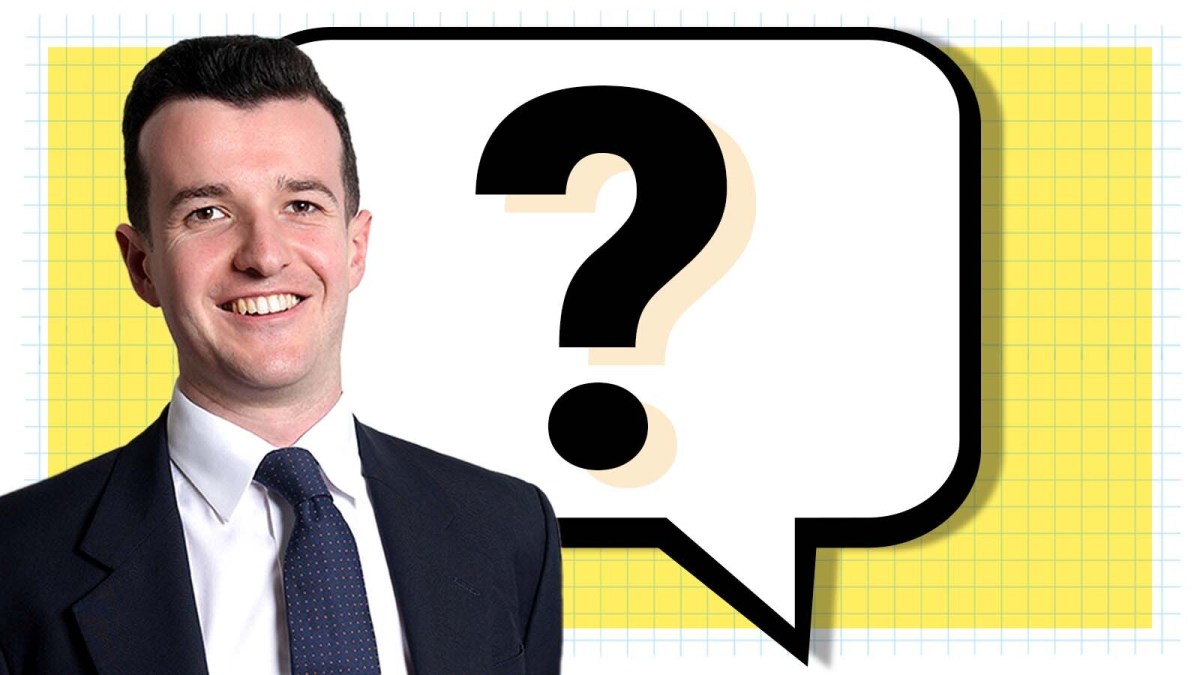Q. If a couple in their early sixties have a reasonably sized combined pension pot, say £800,000, but struggle to meet weekly expenses, does it make sense to stop contributing nearly £500 a month to their pensions?
Paul, Croydon
 Will Stevens replies
Will Stevens replies
For many savers it can seem like a daunting task to balance saving for the future while also living in (and enjoying) the now. In simple terms there are three things to bear in mind: budgeting for more immediate necessities, your future long-term needs (for example holidays, renovations or care) and any other considerations, such as tax.
To properly understand how much you are spending each month — and perhaps why you are struggling to meet these expenses — it is worth spending time on a budgeting exercise. This includes taking a good look at what you are spending and where there is any scope to reduce your outgoings, including any direct debits you no longer need or have forgotten about. While this may seem unexciting, it is time well spent, and there are lots of great tools on the internet to help with this step.
Next, make sure that your income can meet your expenditure on a regular, ongoing basis. If not you will need to look at options such as reducing your pension contributions, to avoid being forced to rely on your savings.
When it comes to savings, make sure that you have enough cash set aside to meet emergencies. These rainy-day savings should cover three to six months’ expenditure and should be held as cash in an instant access account. If you know that you will need money for other events in the next three years, it’s worth holding this as cash too. If you find yourself regularly drawing down on these cash supplies, say weekly or monthly, you will want to top them up from other sources.
With a combined pension pot of £800,000 you’re in a strong position. But it’s essential to do the sums on what income this could realistically generate in retirement to ensure that it meets your projected living costs. These costs will obviously be unique to you and there is no one-size-fits-all approach, but as a good guide, the Pensions and Lifetime Savings Association (PLSA) recently published its latest figures on the income it calculates is needed in retirement to achieve certain standards of living.
• How to stop the taxman taking a big slice of your pension
The PLSA says that an annual post-tax income of £43,900 is needed for a couple to enjoy a “moderate” standard of living while a post-tax income of £60,600 is what you need for a “comfortable” retirement. It is important to note that these figures do not budget for any housing costs. If you both qualify for the full state pension, it will be a big help.
Look at the total value of your pensions, how they are invested and the potential income you could draw from them in retirement. This will help to determine if contributions are still essential or if your pot is already enough to secure your desired lifestyle. It can be a good idea to consolidate pensions in one place, but check that you’re not giving up any benefits to each scheme when transferring pots.
While reducing pension contributions might provide immediate relief, it’s vital to consider the significant benefits you could be giving up. Tax relief on pension contributions means that your savings are boosted by a government top-up. This means that every 80p contributed by a basic-rate taxpayer is topped up to £1 while higher or additional-rate taxpayers can reclaim even more.
If you were contemplating stopping contributions to a workplace pension, the benefit you would lose could be even greater. If your employer matched your contributions, that 40p from you would become £1 once your employer’s contribution and tax relief was added. The actual “saving” from stopping contributions might be less than you think, because you would be forfeiting these substantial perks.
• The retirement rethink: is it time to tear up your pension plans?
Before deciding whether to stop paying into your pension, explore other ways to ease immediate financial strain. Looking at other expenses and identify a plan to reduce your outgoings. If you have a mortgage, it’s worth assessing how and when you intend to pay it off. Many savers do this with the 25 per cent tax-free cash that they can take from their pensions but this could lead to not having enough pension to live off in later life.
A financial adviser can help you to build a comprehensive financial model tailored to your unique circumstances.
Will Stevens is the head of financial planning at Killik & Co
